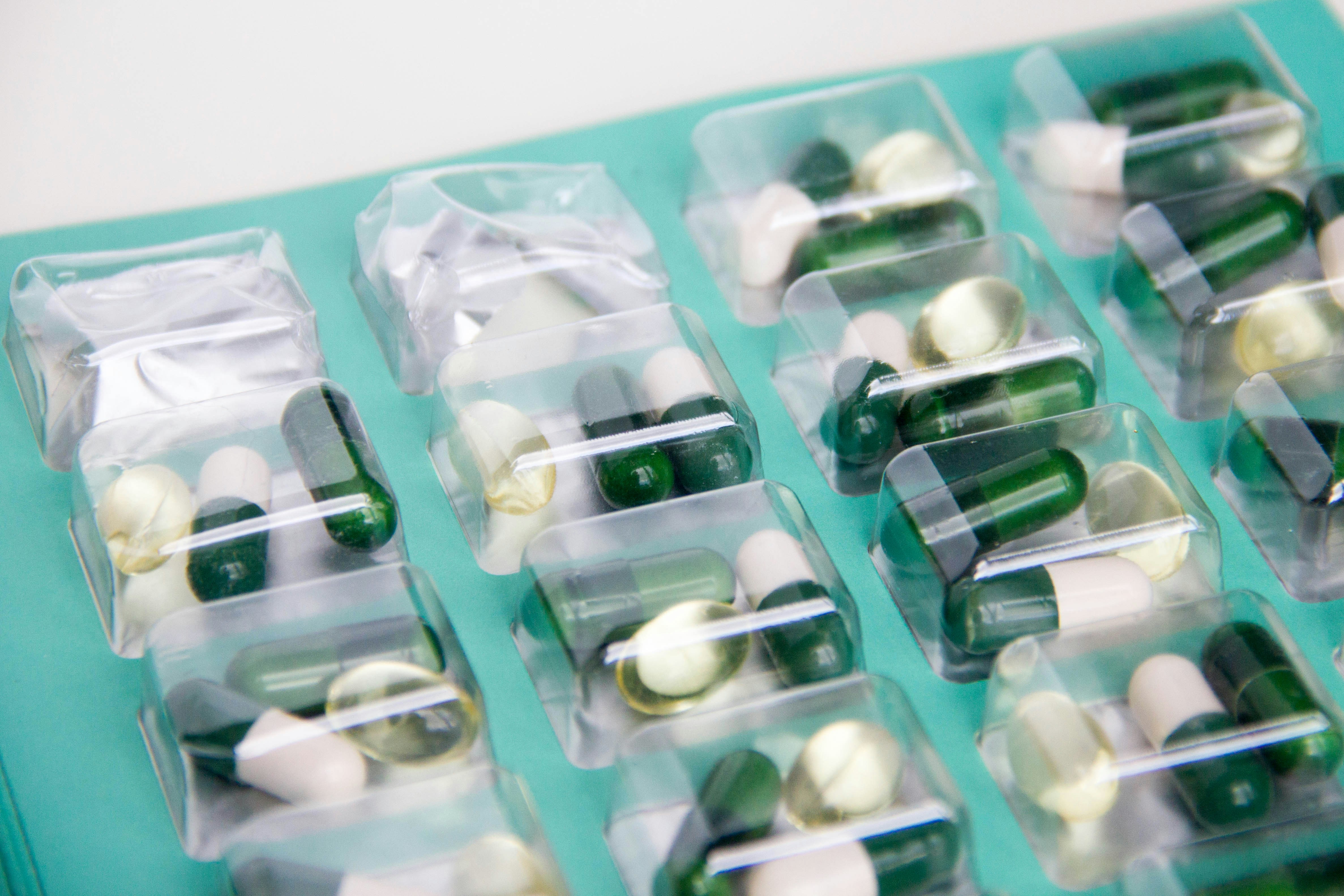Battling substance abuse and addiction is a lifelong struggle. While many prevail in an inpatient rehab facility or through 12-step programs, maintaining sobriety will have its hurdles. Beyond discovering what cause us to relapse to using drugs and alcohol, we find ourselves in a difficult spot when we need prescription drugs to treat certain ailments, but fear it triggering our addictive behaviors.
Thankfully, medical experts from centers for substance abuse treatment have developed safe methods for recovering addicts to use prescriptions safely, and without fear of losing control when it comes to past issues of their drug abuse.
Talking to Your Doctor
It’s a good idea to get medical advice from your regularly seen professionals when taking any prescription medication. If your doctor is not aware of your past troubles with substance abuse, be sure to tell them. This will inform their treatment plan for your ailments, allowing them to evaluate more holistic or natural options, as opposed to medication that may address the symptoms but mess with your everyday life in recovery.

Addiction treatment specialists may recommend avoiding these substances altogether, but an understanding of the prescription medication itself and a patient’s history could create a proper plan for this medicine, such as monitored dosage and weaning off a prescription gradually over time as to avoid any addictive behavior or aggressive withdrawal symptoms.
The Debate Over Safe and Unsafe Medications
Although some prescription medication and over-the-counter drugs are safe for use for recovering addicts, as they continue no addictive properties, it’s a different case for other prescriptions and people with past issues with dependency.

Common medications like antibiotics or antidepressants are usually safe for anyone recovering from drug or alcohol dependency. That being said, any type of stimulant, like Ritalin, or opiate, such as Oxycontin, is considered dangerous for patients recovering from substance abuse. Medications containing alcohol are also sometimes deemed unsafe for addicts to take.
There are also, of course, drugs that are prescribed to a person while they are seeking sobriety through a recovery program. Medications like methadone and Suboxone are regularly given in treatment centers to help patients combat dangerous withdrawal symptoms and curb early cravings to use. However, these are synthetic opioids, which means that the body is biologically triggered as it would be to heroin or morphine. Despite the reduced effect, it can still lead to dependence.
The safest options for recovering addicts are alternative medicines and healing practices that remedy the need for prescription medication and remove the scare of falling back into a relapse and other addictive behaviors.
Affording Necessary Medication
Even upon entry into recovery programs, doctors and medical professionals recognize that patients are required to take certain prescriptions. Inpatient programs provide those drugs so long as they are not triggering and addictive in nature.
While prescription prices continue to skyrocket, it does become difficult to balance a personal budget, especially for someone coming out of an inpatient facility that is sometimes starting their life all over again. Discount prescription cards are available that provide patients with coupons and discounts on common prescriptions, regardless of their insurance status or their specific pharmacy.
These discount cards have no enrollment fees, claim forms or deductibles. It’s as simple as looking up your medication and finding the coupon to help lower your price at checkout.
Beyond prescription discount cards, generic drugs are an option provided by most pharmacies that provide the potency of a recommended drug, but at a lesser cost. Generic medications are the same as brand-names in dosage, safety, effectiveness, strength, stability, and quality, per yearly inspection by FDA standards. Generics may cost even less, depending on your prescription coverage and medical insurance.

